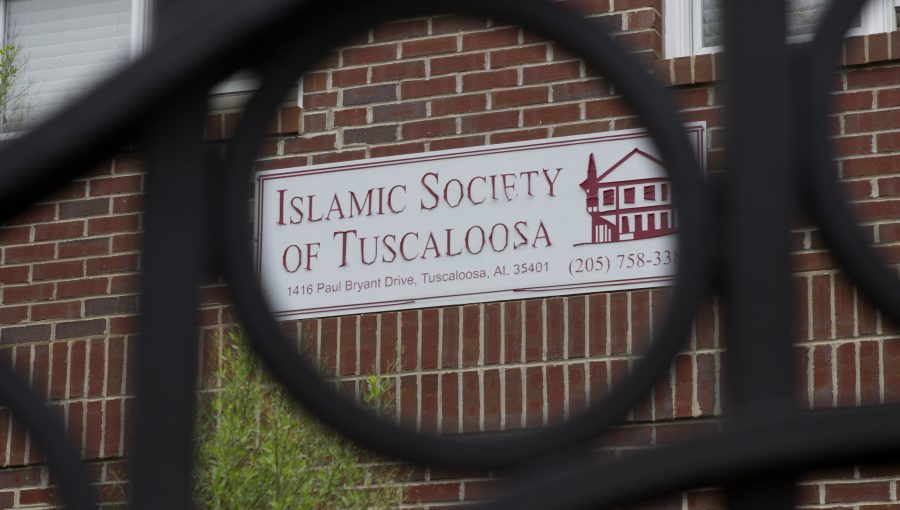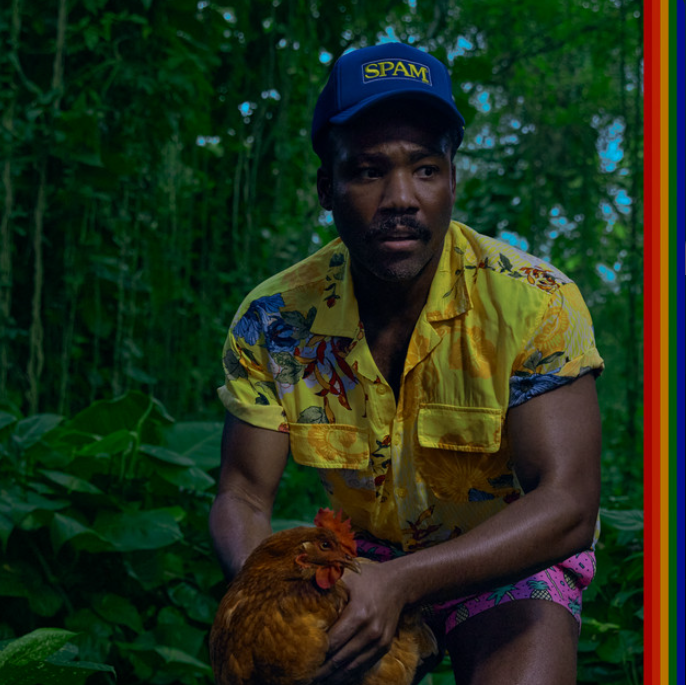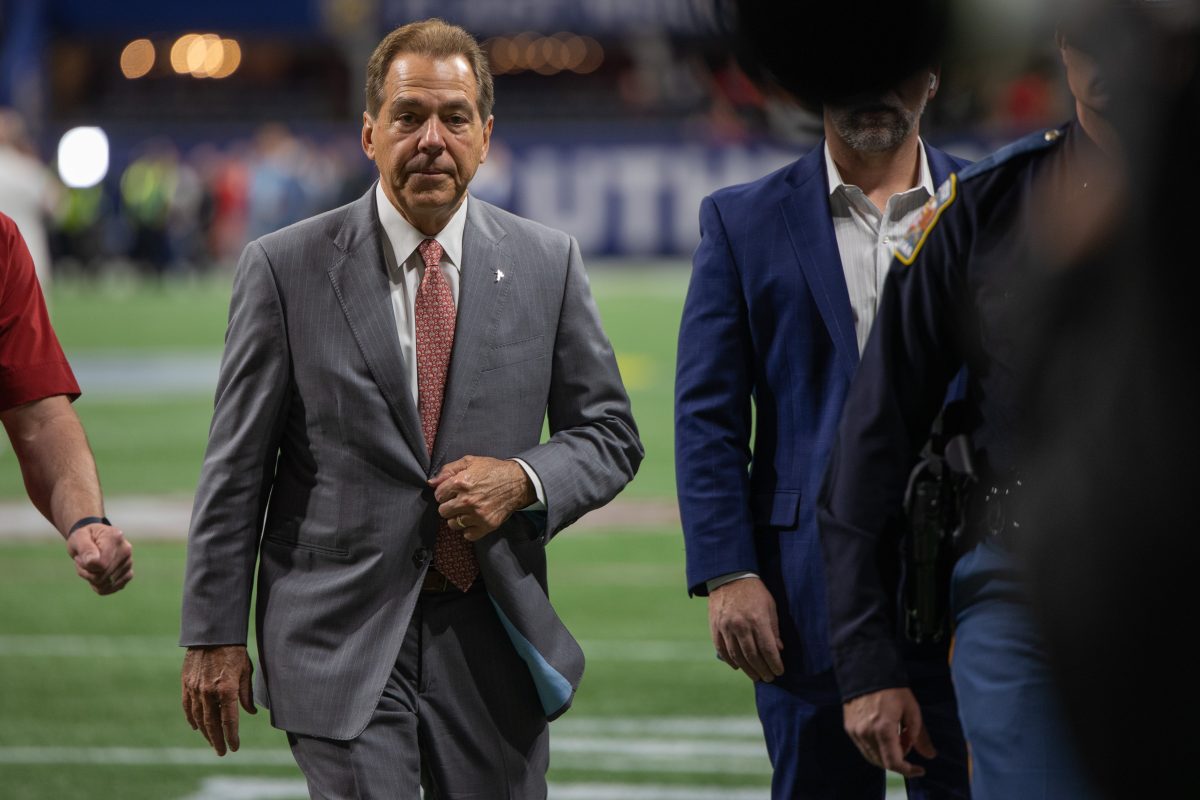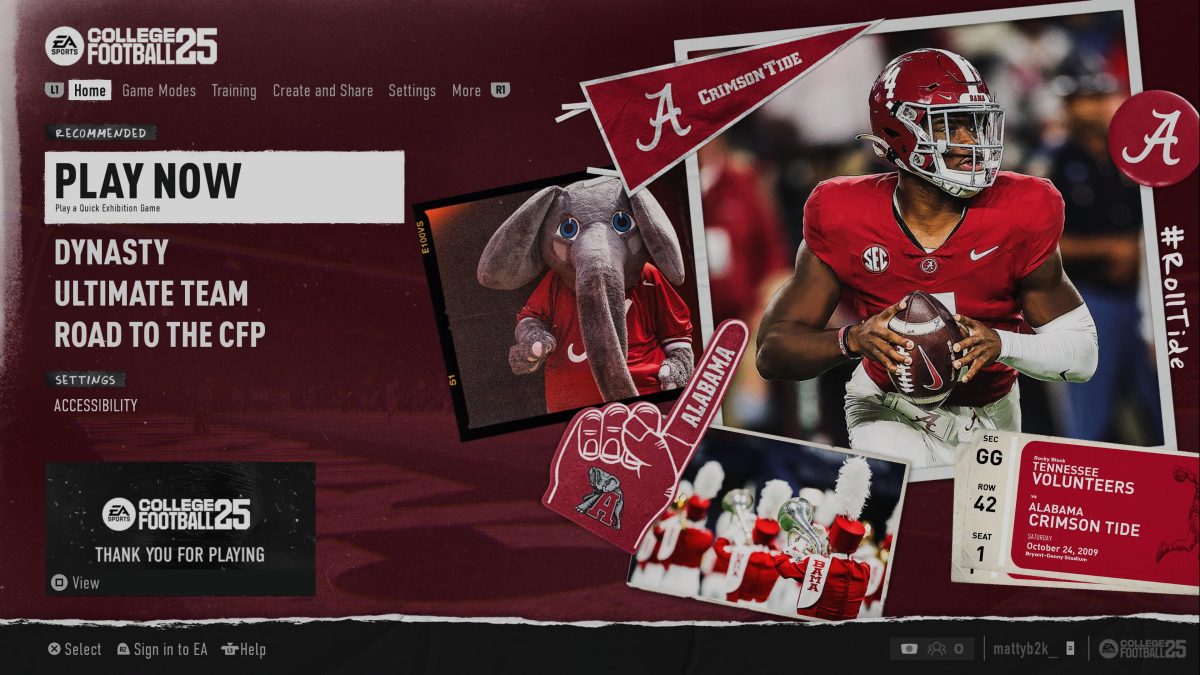By Sam West and Serena Bailey | CW Staff
Toward the end of her high school career, Aaliyah Furqan signed up to take the ACT, like millions of other students preparing to start college. But her experience with the test was far from typical. A practicing Muslim, Furqan came to take her test in a hijab, a traditional Islamic headscarf, and was barred from entry to the test. The administrator, a military veteran, berated her for coming to the exam in a garment she wears every day of the year.
“He said that [in the military] he was shooting people like me, and that we were the enemy, and I don’t know if it was PTSD or not, but it’s still no excuse not not let me into the ACT room,” Furqan said.
In the end, she was sent home, despite paying for the exam. Furqan also said people often call her slurs, assume she can’t speak English because of her garb or ask her offensive questions about her religion.
Tuscaloosa is to a sizable population of Muslims from a variety of backgrounds, including locals, international students and people of the faith from outside Alabama. The experience of being a member of a religious minority is different for every individual.
Many members of the Islamic community in Tuscaloosa are international students from the Middle East or South Asia. Ibrahim Al-Bannai, a junior majoring in management information systems from Saudi Arabia, is one of many of these young Muslims. The transfer student grew up in a border town between his own country and Qatar.
“That city didn’t have much,” he said. “I didn’t have much but going to school, go back home and do my homework, or play outside with the kids.”
Al-Bannai said he had many American friends growing up, so living in the United States was not much of a transition for him. As a child, his view of Americans came from movies and television.
“Whatever the movies are portraying, this is how I portrayed America,” he said. “This is really, really bad because movies don’t represent American people by any means. It’s really sad.”
According to Al-Bannai, some transfer students he knew had trouble adjusting to life in the United States because of misconceptions they had about the country. There were other difficulties as well.
“There are still people in Saudi Arabia who are not educated that much. And they will come from a very, very very very strict environment and a very close environment,” he said. “So when they come here, it’s like a sudden freedom to them, and they explode.”
Al-Bannai still practices his faith in the United States by praying on his own five times a day and visiting the Islamic Center on occasion. He’s also been on some Christian retreats simply as a way to meet people and have a new experience. He said this gave him a new perspective.
“My idea about Christian people has changed,” he said. “There was some extreme ideas in my mind, because there will always be false preachers in any religion.”
On the whole, however, Al-Bannai stressed that Tuscaloosa has been very accepting of him. He said he had met a lot of friends and talked about taking a road trip to the Grand Canyon with with two Americans and a fellow international student. In his free time, Al-Bannai likes to take photographs, play video games and hang out with his girlfriend.
“I like Alabama people. It’s a small city, mostly students, people are open-minded, but they need to be educated,” he said. “They are very open minded, they are eager to be learn.”
Nakia Moore, a junior majoring in international business, wasn’t raised in the Islamic faith. Her parents hold different sets of beliefs – her mother a Jehovah’s Witness, her father a Muslim. But after learning about Islam in history class and doing research into the religion on her own, she decided to convert her sophomore year of high school.
“I started wearing hijab right away so it was very obvious,” she said. “I converted over the summer so the first day of school I come in with a headscarf on … it definitely surprised a lot of people. My mom took it the hardest. My friends were like, ‘okay, whatever, cool,’ but my mom, she was pretty upset for the first couple months. She didn’t allow me to wear the headscarf around her for a good half year.”
In addition to the tenets of Islam, what drew her to the religion was the sense of community she’d experienced in it. But after she converted, she sometimes felt like an outsider.
“It seemed once I converted they were like, ‘Okay, you converted. We don’t want anything to do with you now,’ ” she said. “It was a pretty niche community. It was just Pakistanis and Bangladeshis. It’s when culture mixes with the religion that you see a really bad side come out of some people sometimes.”
That bad side also can come from American culture. Moore said that it “irks” her when people say that someone can’t be both American and Muslim. She recalled watching CNN and seeing a female guest speak about Islam while wearing an American flag headscarf. She said people called it “disrespectful” despite the fact many people wear American flag swimwear to the beach.
“My dad, he served in Desert Storm as a Muslim and there’s plenty of other Muslims that have served for their country and are proud to be Americans and have every right to be here, just as any other person, but we’re deemed as not being American,” she said. “I don’t get how that works. I think there’s another big misconception too, that we can’t assimilate, that were not assimilating to the culture. That just because I choose to wear my scarf over my head and not on my shoulders that changes the whole spectrum of things.”
Aaliyah Furqan also spoke of the “bad reputation” that Muslim women get, as people think they are oppressed because of their decision to wear the hijab.
“It’s not just something you choose to put on and you’re done,” she said. “There’s a sort of manner and how you carry yourself that you also put on. This is hijab, and it comes with a certain behavior, the way I carry myself, it’s a protection of modesty.”
The student also spoke of the deep sense of community in the Islamic faith, saying she would always be close to Muslims from her home town of Baton Rouge.
“Muslims invite the community to eat when there’s a graduation, when someone memorizes the entire Koran, when a baby is born, everyone comes together and there’s a dinner or a gathering for each person in the community, and no one is allowed exclusion from these kind of gatherings,” she said. “It’s like a close-knit extended family. I’m closer to my Muslim community than my actual family.”
In her view, people have many misconceptions of Muslims, all of which stem from generalization.
“Not all Muslims dress a certain way, not all Muslims act a certain way,” she said. “Sometimes you only notice the Muslim women when she’s wearing a scarf, or you might see someone who is Saudi Arabian and assume he’s Muslim, but that’s not always the case either … Not all Muslims don’t eat pork, and some are more liberal and some are more conservative, just like any religion.”
In her political science classes, Furqan often felt that certain groups of students looked to her “for an apology” when the topic of 9/11 was discussed. She said this comes from an ignorant belief that Muslims cannot truly be American.
“They make it seem like I am the enemy, when I’m not,” she said. “I’m not at the point where I’m going to let you think what you want to think. I’m more of the person who wants people to know, that this is my country just as much as it’s yours. I might dress different and I might sound different, but in the end, I’m actually just American.”







